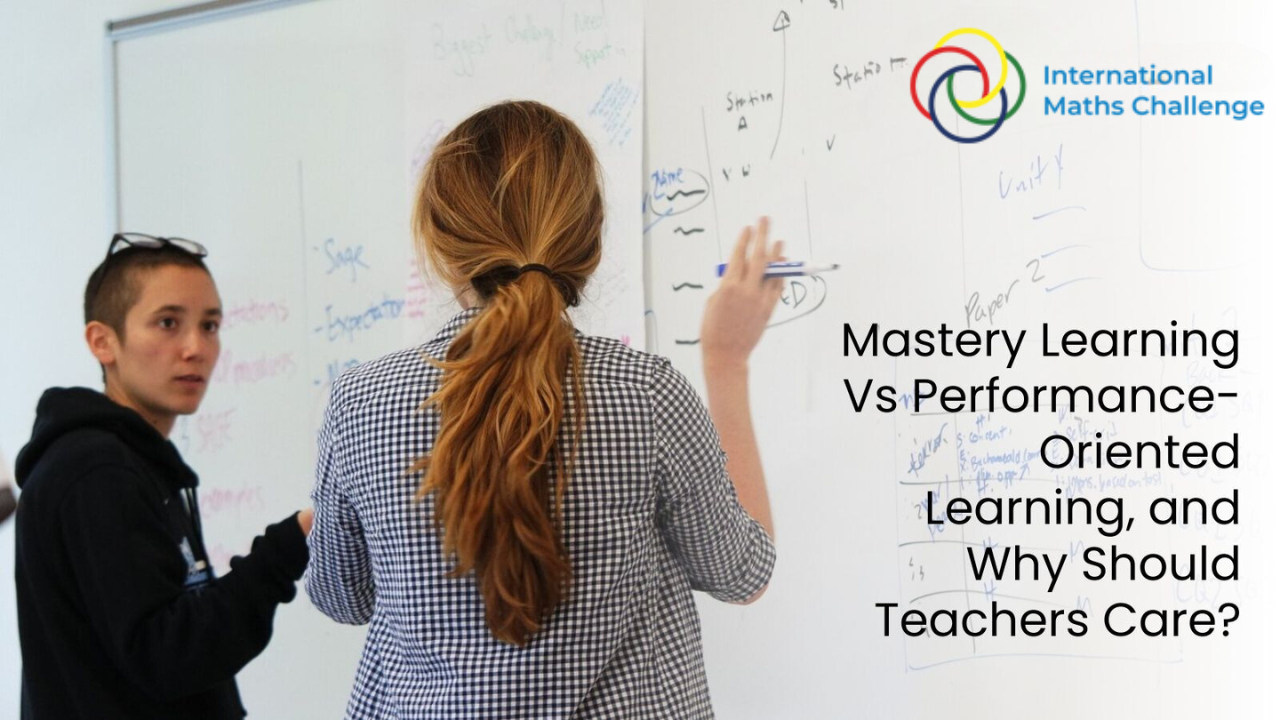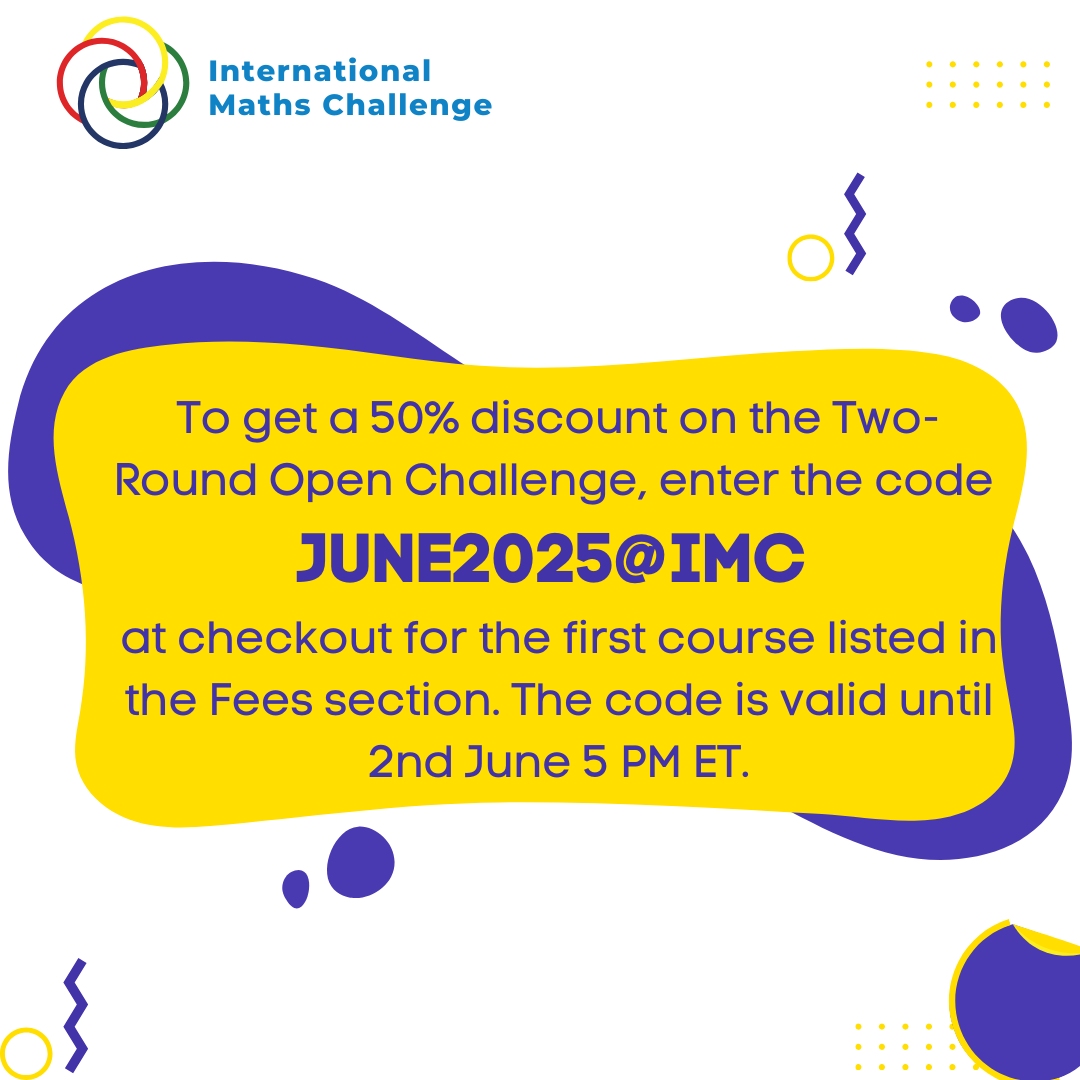Generally, the occurrence of students asking this question increases with growing age. Primary students know inside out that exams are very important. Brilliant middle school students consider a connection between their test results and semester mark sheets. Ultimately, upon graduation from secondary school, students have comprehended that the totality of their learning has less value than their results in the final exams.
Performance-Oriented Learning
Exam enthusiasm is an indication of performance-oriented learning, and it is intrinsic to our recent education management that needs standards-based reporting of student results. This focuses on performance apart from the method of learning and requests comparison of procurement amongst peers.
The focus for performance-aligned students is showing their capabilities. Fascinatingly, this leads to an affection of fixed mindset characteristics such as the ignorance of challenging tasks because of fear of failure and being intimidated by the success of other students.
Mastery-Oriented Learning
Mastery learning putting down a focus on students developing their competence. Goals are pliably positioned far away from reach, pushing regular growth. The phrase “how can this be even better?” changes the concept of “good enough”. Not to be bewildered with perfectionism, a mastery approach to learning encourages development mindset qualities such as determination, hard work, and facing challenges.
Most forms of mastery learning nowadays can be discovered in the work of Benjamin Bloom in the late 1960s. Bloom saw the important elements of one-to-one teaching that take to effective benefits over group-based classrooms and inspects conveyable instructional plans. Eventually, formative assessment was defined in the circumstances of teaching and learning as a major component for tracking student performance.
So where does mastery learning position in today’s classroom? The idea of formative assessment is frequent, as are posters and discussions encouraging a growth mindset. One significant missing element is making sure that students have a deep knowledge of concepts before moving to the next.
Shifting the Needle
With the growing possibilities offered by Edtech organizations, many are beginning to look to a tech-based solution like International Maths Olympiad Challenge to provide individualized learning possibilities and prepare for the maths Olympiad. The appropriate platform can offer personalized formative assessment and maths learning opportunities.
But we should take a careful viewpoint to utilize technology as a key solution. History shows us that implementing the principles of mastery learning in part restricts potential gains. Despite assessment plans, teachers will also have to promote a mastery-orientated learning approach in their classrooms meticulously. Some strategies are:
- Giving chances for student agency
- Encouraging learning from flaws
- Supporting individual growth with an effective response
- Overlooking comparing students and track performance
We think teaching students how to learn is far more necessary than teaching them what to learn.


